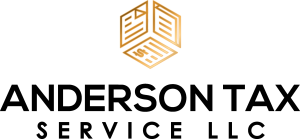The ever-changing landscape of tax legislation necessitates vigilant attention, particularly for businesses striving to maintain profitability and compliance. Recent tax reforms have introduced a plethora of changes, reshaping the corporate tax landscape and necessitating strategic adjustments.
Understanding Recent Tax Reforms
From the Tax Cuts and Jobs Act (TCJA) to subsequent legislative amendments, recent tax reforms have ushered in significant changes affecting businesses of all sizes and industries. Key provisions encompass:
- Corporate Tax Rates: Reductions in corporate tax rates aim to stimulate economic growth, necessitating reassessment of tax strategies and structures.
- Qualified Business Income Deduction: Eligible businesses may qualify for a 20% deduction on qualified business income, impacting entity selection and operational decisions.
- Capital Expensing: Enhanced provisions for immediate expensing of certain capital expenditures offer opportunities for accelerated deductions and cash flow optimization.
Strategic Considerations for Businesses
In light of recent reforms, businesses must adopt a proactive approach to navigate changes effectively:
- Structural Assessment: Reevaluate entity structures, considering factors such as liability protection, tax implications, and operational objectives.
- Income Optimization: Strategize income recognition, deductions, and credits to maximize tax benefits while ensuring compliance with evolving regulations.
- Compliance and Reporting: Enhance internal controls, documentation, and reporting processes to mitigate risks associated with regulatory scrutiny.
In conclusion, staying abreast of recent tax reforms is imperative for businesses aiming to thrive in a dynamic economic environment. By understanding key provisions, assessing strategic implications, and adapting proactively, businesses can navigate changes effectively, ensuring compliance, optimizing tax benefits, and fostering sustained growth.



